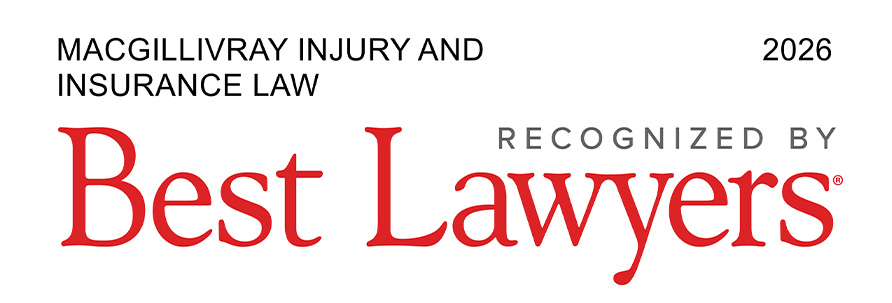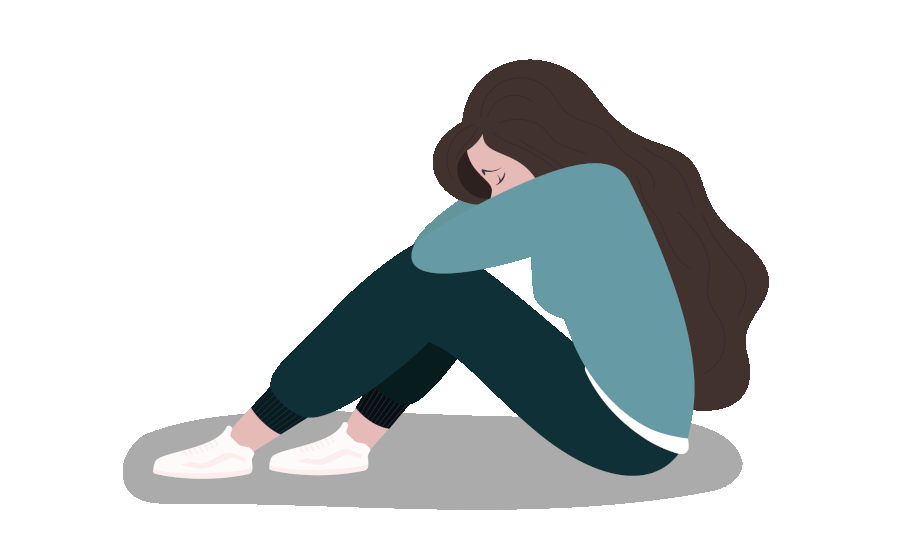




Losing a family member is always difficult, especially when that loss is caused by the actions or inactions of another. In 2023, New Brunswick recorded the highest motor vehicle fatality rate in Canada, highlighting the ongoing risks drivers and families face across the province.
It can be extremely stressful trying to seek legal recourse while experiencing the anguish and gravity of the situation. However, it is important to timely and diligently pursue your claim in order to recoup some amount of compensation to help you and your loved ones move on. Our experienced wrongful death lawyers help navigate the legal process, including negotiating with insurance companies and investigating your case. Contact us today to book a free consultation.
What is a wrongful death lawsuit?
Wrongful death claims are based on statute and provide a means for a deceased’s estate or loved ones to recover some compensation. There are two key pieces of legislation under which wrongful death suits may be brought. The first, Survival of Actions legislation, was enacted to counter the general common law rule holding that personal actions in tort did not survive for or against a deceased person. Pursuant to these acts, a deceased’s estate may bring claims against a wrongdoer as though the deceased had survived. The second, fatal injuries legislation, addresses the rights and interests of certain surviving family members of the deceased.
The legislation for your Province can be found at the below links:
Nova Scotia
Fatal Injuries Act , RSNS 1989, c.163
Survival of Actions Act, R.S.N.S. 1989, c.453
PEI
Fatal Accidents Act, R.S.P.E.I, c F-5
Survival of Actions Act, R.S.P.E.I. 1988, c S-11
New Brunswick
Fatal Accidents Act, R.S.N.B 2012, c 104
Survival of Actions Act, R.S.N.B. 1973, c S-18
Newfoundland and Labrador
Fatal Accidents Act, R.S.N.L., 1990, c. F-6
Survival of Actions Act, R.S.N.L 1990, c S-32
What could cause wrongful death?
There can be numerous causes of wrongful death, however patterns established by lawsuits depict common causes such as:
- Car accidents
- Truck accidents
- Workplace accidents
- Defective products
- Boating accidents
- Truck accidents
- Medical malpractice
- Criminal acts
- Watercraft accidents
- Premises liability
- Pedestrian accidents
- Swimming pool accidents
- Dog attacks
- Nursing home abuse or neglect
- Cosmetic surgery errors
Each of these causes raise slightly different issues requiring the skill and expertise of experienced legal counsel. Although there is no amount of money that can truly make up for the loss of a loved one, the lawyers at MacGillivray Law can assist you in holding wrongdoers accountable and seeking the closure you need.
Do I have a wrongful death claim?
A cause of action for wrongful death arises upon (1) a death of a person; (2) caused by such wrongful act, neglect, or default of another; (3) that the deceased individual would have been entitled to damages from the other, had he survived. Thus, actions brought under Fatal Injuries Legislation, and the like, must not merely allege the death of a person, but the “wrongful death.” Burt and Seward v Lelacheur, 2000 NSCA 90 (CanLII). Upon establishing the above elements, a deceased’s estate may bring an action against a wrongdoer for purely financial damages.
Where there is no executor of the deceased’s estate or if no action has been brought by the estate within six months after the cause of action accrues, certain family members may bring suit. Each Province sets out the family members who may do so, and individuals may vary from jurisdiction to jurisdiction. Typically, Fatal Injuries and Fatal Accidents legislation allow for parents, children, and spouses to bring claims, however these terms are defined broadly. It is important to consult legal advice to assess your standing prior to bringing a wrongful death suit.
How long do I have to bring a claim?
Limitation periods in wrongful death actions run from the accrual of the cause of action or from the time a claimant discovered, or should have discovered that she had a cause of action. Burt and Seward v Lelacheur, 2000 NSCA 90 (CanLII). Each province sets out its own limitations periods under which a claimant may bring suit. For examples, under the Nova Scotia Fatal Injuries Act, R.S.N.S. 1989, c.163 s.10, claimants have a short time to bring suit (an action must be commenced within 12 months after the death of the deceased person) while New Brunswick, Fatal Accidents Act, R.S.N.B 2012, c 104, s.22(1)(a)-(b), allows for a longer period (2 years from the day claimant knew about or reasonably should have known of the claim or five years from the date of death).
It is crucial to fully understand the window under which you may bring your wrongful death claim or risk losing valuable legal rights and recourse.
How can I be compensated?
While a deceased’s estate may strictly seek financial/pecuniary damages (with the exception of New Brunswick which also allows for damages for pain and suffering as well as punitive damages), qualifying relatives of a deceased may recover compensation for the loss of care, guidance, and companionship of a loved one. These awards will vary on a case by case basis but are oftentimes fairly modest. In determining the amount warranted, courts will assess the nature of the parties’ relationships as well as the facts of the case:
Pecuniary Damages: any financial losses that the family has suffered due to the death of a family member and may include administrative and funeral expenses, medical and travel expenses incurred before death, and financial support that dependants would have received from the deceased.
Nursing, Housekeeping, or other Services: where, as a result of injury, an individual provided nursing or housekeeping services for the deceased person between the time of injury and death, Nova Scotia courts may provide a reasonable amount for loss of income or the value of the services.
Loss of Care, Guidance and Companionship: each Province sets forth provisions for loss of care and companionship and courts vary on how it is applied. However, awards under this category tend to be fairly modest and courts will consider the entirety of the facts of the case in assessing such loss. For example, in New Brunswick, loss of companionship is only available for the parents of a minor or dependent deceased child. Even then, damages tend by be $30,000 per child.
Notably, courts do not permit: punitive damages; damages for loss of support a claimant reasonably expected to receive had the deceased lived; or damages for sorrow, grief, or grief counselling. Rowe v Brown, 2008 NSSC 13.
Should I seek legal advice?
Individuals who seek compensation for the death of a loved one are, oftentimes, fraught with emotion and distress. This alone makes navigating the distinctions and complexities of a wrongful death action difficult. It is important to seek timely and proficient legal advice and ensure compliance with strict time limitation periods. In addition, issues of causation are frequently at issue and require a thorough knowledge of relevant laws and legislation. The lawyers at MacGillivray Law are well versed in wrongful death suits and will help you seek the compensation and justice you deserve.
What Our Clients Say...
Request a
Free Consultation
If you would like to learn your legal options at no obligation, contact us today to set up a free consultation.

